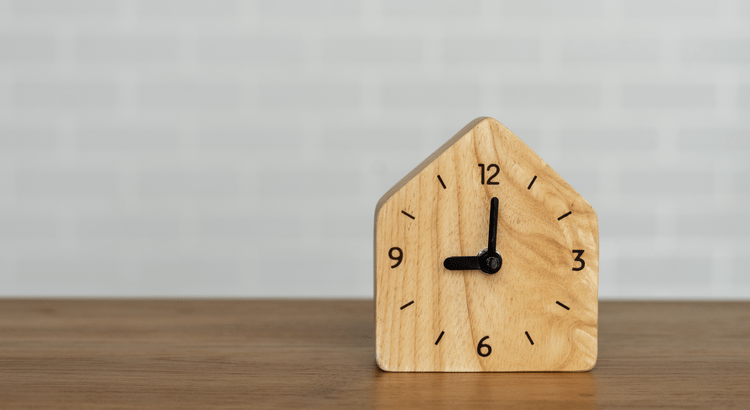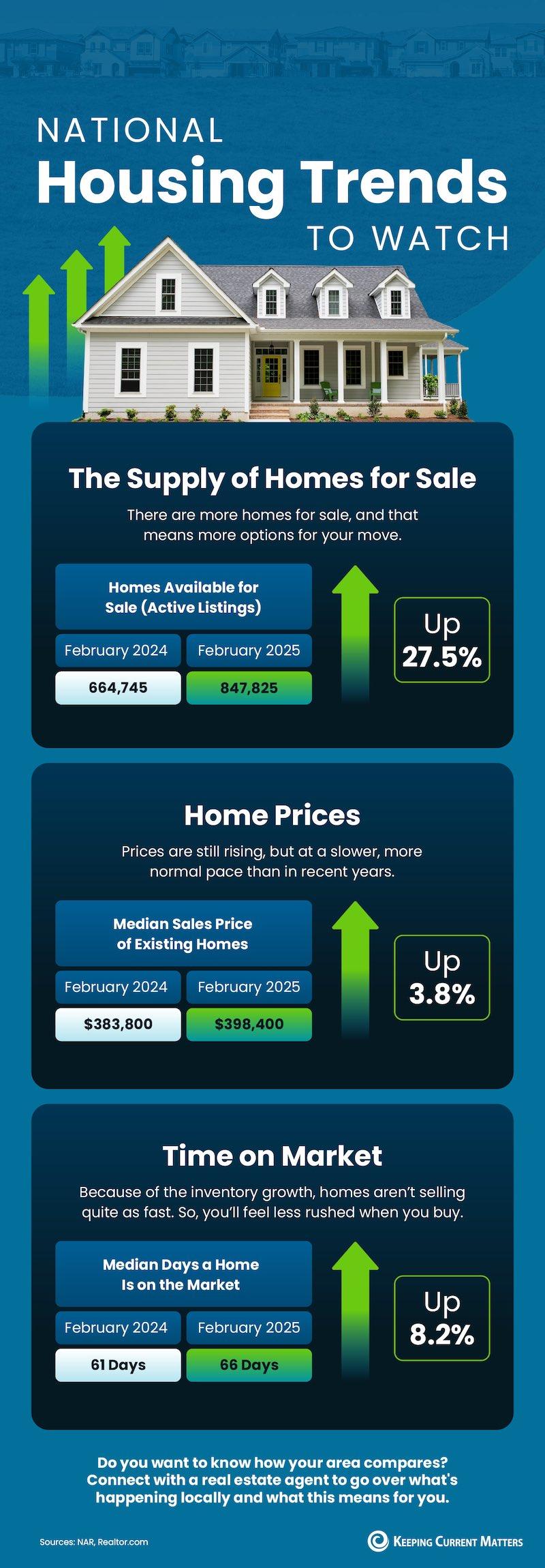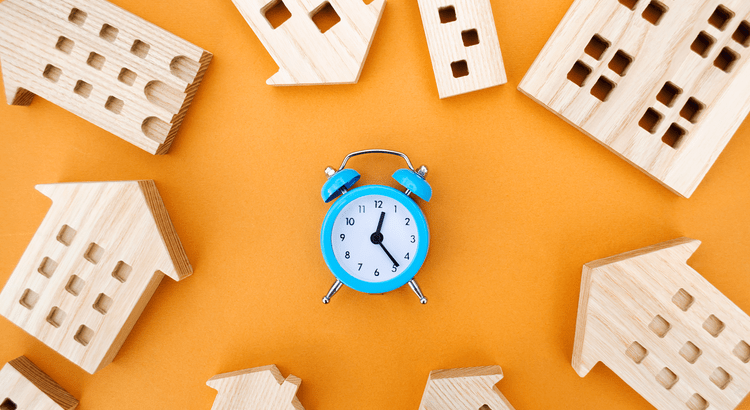

Do You Know What Your House Is Really Worth?
Some Highlights Over the past 5 years, home prices have risen dramatically. If you own a home, that means your house may be worth a lot more than you think. Nationally, prices are up nearly 60% since 2019. And, if selling has been on your mind, you can use that bigger-than-expected return to p
Read More

Headed Back Into the Office? You May Decide To Move
It’s no secret that remote work has surged over the last few years. And that flexibility gave a lot of people the freedom to move — and work — from wherever they wanted. But now, a growing number of companies are requiring employees to return to the office. And that’s leading some people to make
Read More

More Buyers Are Making Moves — Is It Time To Sell?
More people are taking steps to buy a home. And, if you’ve been waiting for the right time to move, this may be the sign you’ve been looking for. For the past few years, a lot of would-be homebuyers hit pause on their plans. With rising mortgage rates and affordability challenges, buying just did
Read More

Why a Pre-Listing Inspection May Be Worth It in Today’s Market
Selling a house comes with a lot of moving pieces, and the last thing you want is a deal falling apart over unexpected repairs uncovered during the buyer’s inspection. That’s why it pays to anticipate potential issues before buyers ever step through the door. And one way to do that is with a pre-
Read More
Categories
Recent Posts










